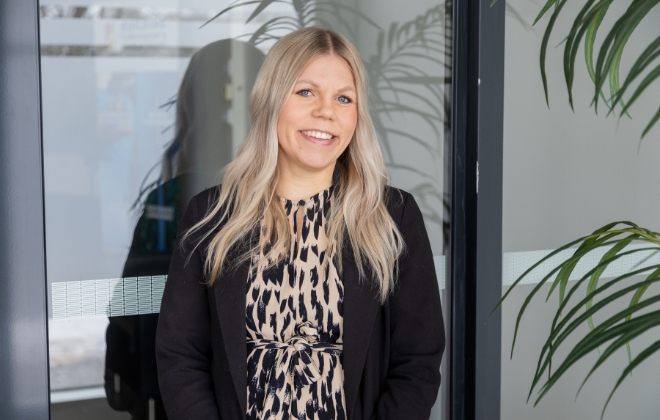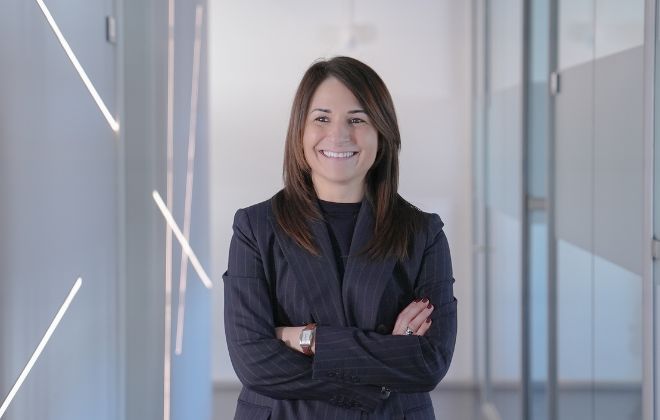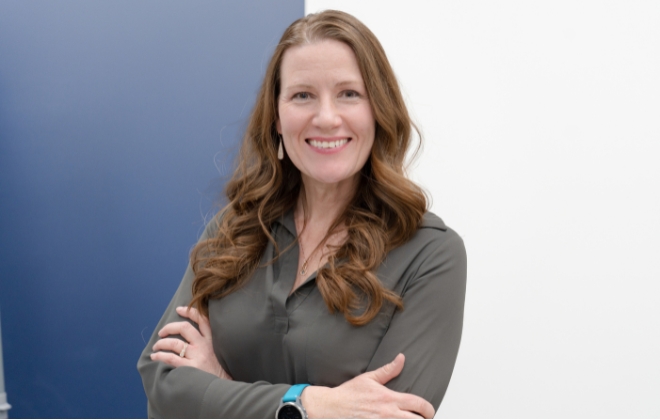Stories Of Women in Engineering – Mari Bagge
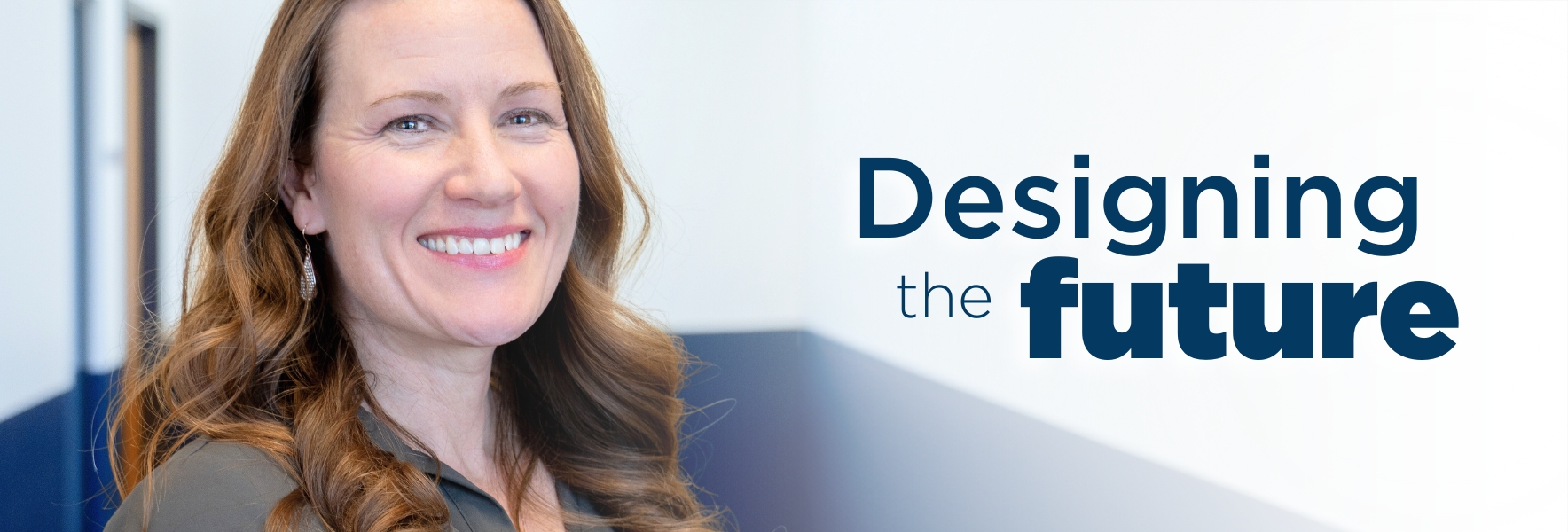
Interview with Mari Bagge
My name is Mari Bagge. I’m a Senior Project Manager at ALTEN in the United States.
I grew up in the southeastern United States and received a mechanical engineering degree from Georgia Tech in Atlanta. My first job after college was with Motorola, designing batteries for cell phones and laptop computers using 3D CAD software. I left Motorola to join a startup company with some friends, and later joined Lockheed Martin in Denver designing launch pads. I found that I loved the aerospace industry. I was doing mechanical engineering and systems engineering, and then became a project manager for research projects developing technologies for cryogenic fluid transfer and launch vehicle reuse. About seven years ago, I joined ALTEN as a project manager.
How did you develop your interest in engineering?
Honestly, I didn’t know what engineers were before I entered college. Then I started to apply what I was learning in school to designing things that I could envision in my head. We had a CNC (computer numerical control) machine at my co-op job where we could design something, load the design into the machine, and the CNC would produce it. It was very empowering to create something, touch it, move it and use it, just from a thought in your mind. I fell in love with technology development, from battery design to the aerospace industry, where designing things on such a large scale was amazing to me.
How did you get into project management?
My career naturally led to project management because this aligned with my skills in communication and coordination across a large variety of contracts and personalities. Probably my favorite project was working with subcontractors, NASA centers, and industry partners, all towards developing efficient storage and transfer of cryogenic fuel in space.
Can you describe your role as a project manager?
Project management begins with making sure that client expectations are understood and that the team is aligned and has a good plan to get the job done. Then, we manage the scope, schedule and budget while ensuring consistent, efficient communication that addresses project impacts when risks are involved. We assess obstacles affecting team efficiency and address the non-technical issues our team members encounter as they tackle the technical tasks at hand. At ALTEN Denver, we specialize in serving regulated industries, which presents unique and complex problems. We have a lot of skilled expertise – be it in aerospace, aircraft, medical – and we’re very good at understanding how to design under regulatory requirements.
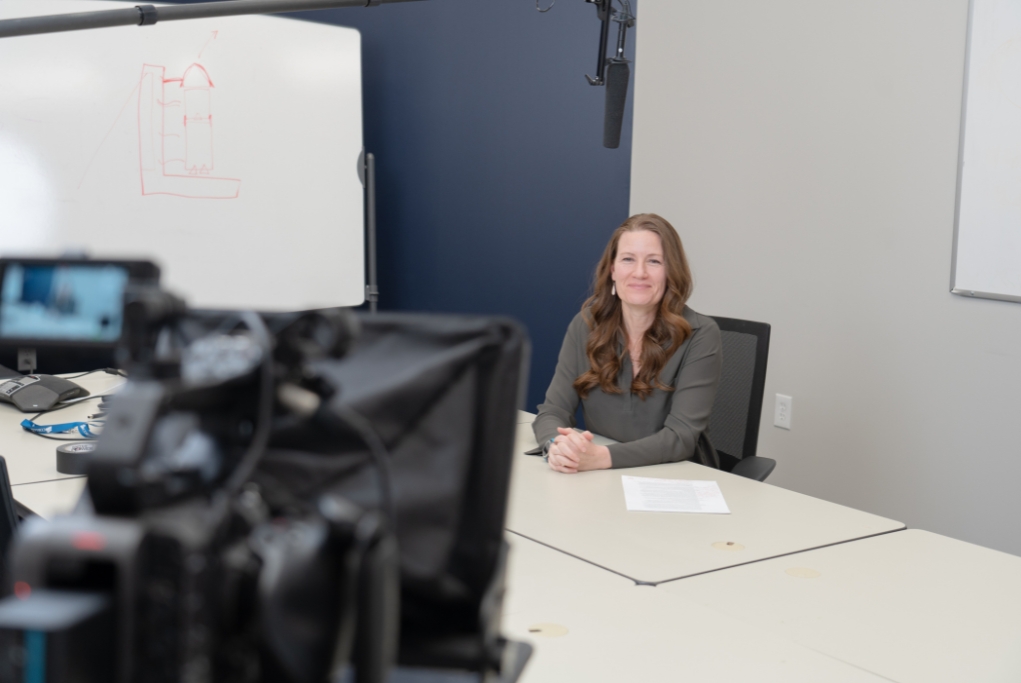
What are the main skills you need for project management?
The skill I use most in project management is understanding multiple stakeholder perspectives. During the proposal process, you need to be able to create a shared vision. The implementation of a project is shaped by customer expectations and constraints as well as team member skills. During project implementation, you need to adjust your plan based on the reality of how the project is unfolding, adapting schedules and budgets while ensuring customer needs are met.
In addition to customer satisfaction, ALTEN places a big focus on team member satisfaction. An excellent project manager can enhance the efficiency of the team by understanding the source of obstacles (work or personal) in order to support team members in addressing them. Making sure that team members know that they’re valued not just as engineers, but also as people, has always been a passion for me. Through project management, I’ve learned that complementary skillsets within a team can lead to unique solutions.
What are some of the most inspiring projects you’ve worked on during your time at ALTEN?
I’ve been able to support the development of multiple launch vehicles, one of which had its first flight this past month; this is always very exciting. Right now, I’m managing a project for air taxis – cutting edge technology that will be great for the future of transportation. So that’s also very exciting.
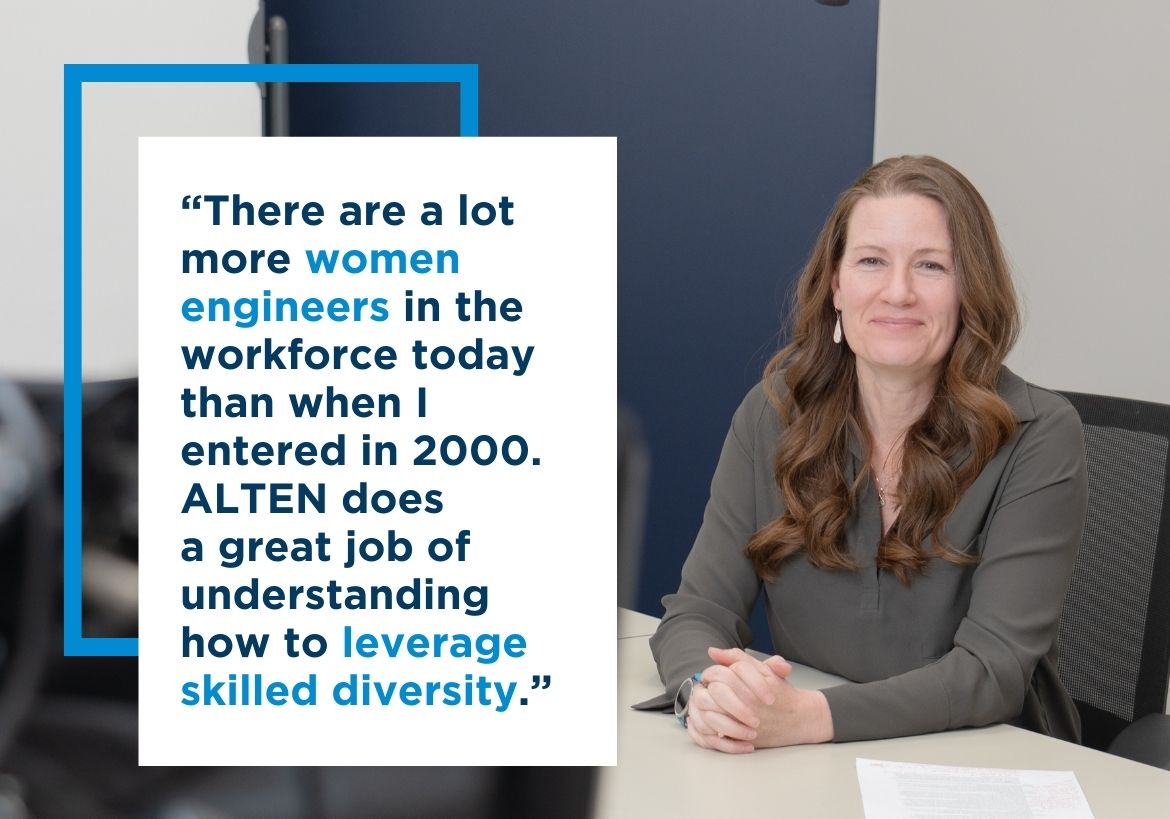
What role has ALTEN played in your professional development?
Right before I came to ALTEN I got my PMI certification, which teaches you the nuts and bolts of project management. ALTEN has encouraged me to be people focused, treating team members not just as workers but as people. I am now able to help others incorporate the people-oriented aspect of project management. As I have grown in my career, it’s been exciting to explore finding the triple win: the customer win, the team member win, and the ALTEN business win.
What is your vision of the place of women engineers in the professional world?
There are a lot more women engineers in the workforce today than when I entered in 2000. ALTEN does a great job of understanding how to leverage skilled diversity. Whenever you get a lot of people with different perspectives, skill sets, and personalities, you can come up with some really unique and surprising solutions to difficult challenges.
How can we encourage women to pursue careers in engineering?
Engineering is a career that can branch out in so many different directions – architecture, exploration, aesthetic design, efficiency, invention, etc. An engineering degree teaches thoughtful, skilled approaches to solving problems or enhancing our enjoyment of the world. The key to success is developing a personal skillset and then practicing discipline in applying those skills toward excellence. Women should not be deterred by a “male-dominated” industry; as a female with the right skillset, your unique perspective intrinsically brings value that spurs innovation.
What advice would you give to women who build families in parallel with their careers.
It’s important to work in a place where your work product, not the specific hours you are working, is the focus; where you have the flexibility to prioritize your family. At ALTEN, we are excellence- and people-focused. People can come in as their whole selves and are welcomed. Your skills are capitalized on and your weaknesses are matched up with complementary strengths among your colleagues so that as a team, you can achieve great things.
What does Building Tomorrow’s World Today mean to you?
Technology is advancing so quickly that your engineering skills allow you to design the tools that will shape the future. Whatever you dream about, you can create it, whether it’s going to be launched into space, fly through the atmosphere, or explore the depths of the ocean or the earth beneath the crust. Technology is enabling us to do what we dream about.
Write the story with us!



